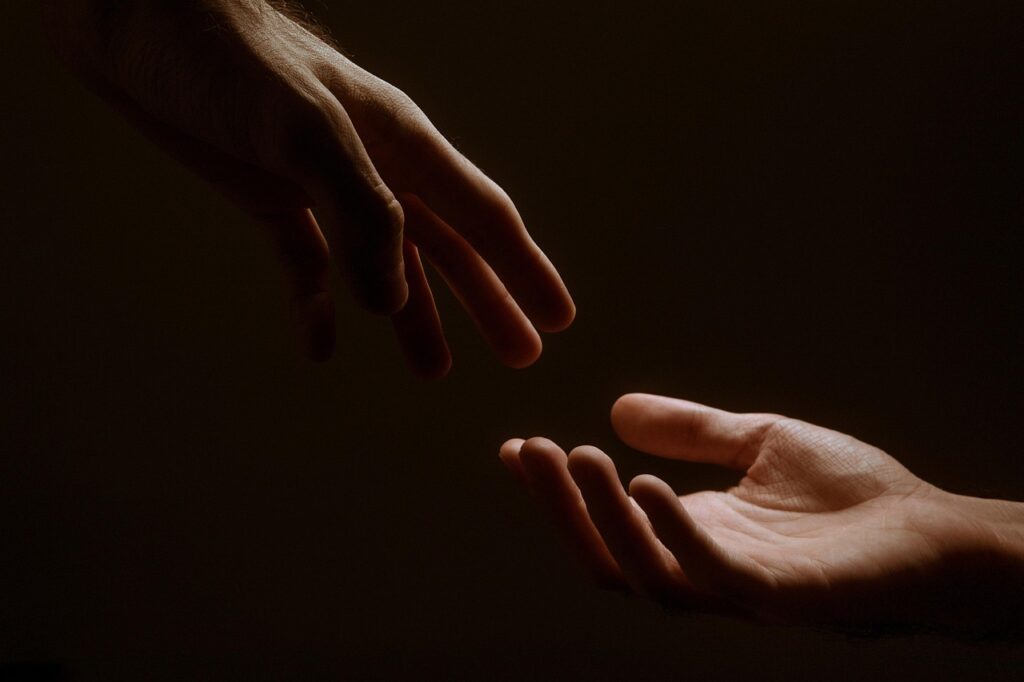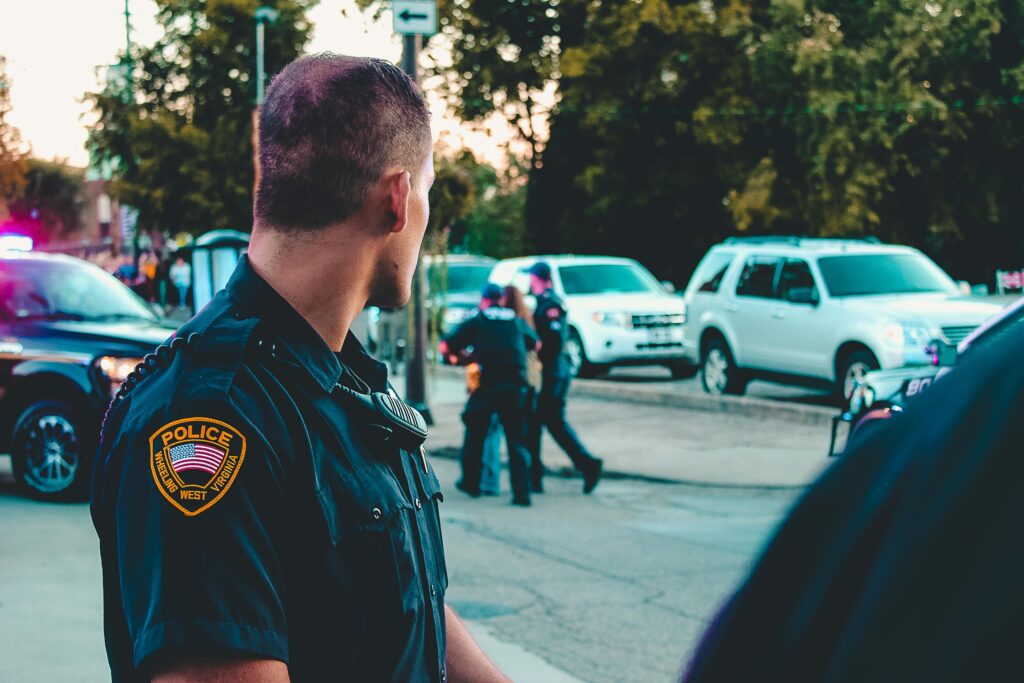Getting a call that someone close to you has been arrested can be deeply unsettling.
There’s panic, confusion, and often a sense of helplessness. But in that moment, your calm response can make a huge difference. Most people don’t know what to do next—whether to rush to the police station, call a lawyer, or stay silent.
This guide walks you through the first few hours after an arrest and what steps you can take to support your friend or loved one legally and practically.
The first step is to confirm the facts. Who has been arrested? By which police station? Under what charges?
If you don’t know the exact charge, don’t worry, it can still be found out once the FIR (First Information Report) is filed. Try to speak to the police to understand what’s going on and where your relative or friend is being held.
In some cases, the police may not be very cooperative- but that doesn’t mean you’re powerless.
Whether or not someone gets bail immediately depends on whether the offence is bailable or non-bailable. In bailable offences, the arrested person has the right to be released on bail.
The police can release them from the station itself. In non-bailable offences, the court decides whether to grant bail or not, based on the seriousness of the crime and risk of fleeing or tampering with evidence.
| Bailable | Minor theft, public nuisance, verbal threats | Police |
| Non-Bailable | Assault, cheating, dowry-related complaints | Magistrate or Sessions Court |
To understand this better, you can read Bailable vs Non-Bailable Offences – What It Means for You, which breaks down the differences and what they mean during an arrest.
After confirming the police station and offence, the next immediate step is to call a criminal lawyer. Time matters.
A good lawyer will guide you on whether to apply for bail at the station, file for anticipatory bail if the arrest hasn’t yet happened, or prepare for a court hearing.
If the person is already in police custody, the lawyer will help ensure their rights are not violated and that they are presented before a magistrate within 24 hours, as required by Section 57 of the CrPC.
It’s important to understand that the arrested person has rights from the moment they are taken into custody. These include the right to be informed about the reason for arrest (as per Article 22 of the Constitution) and the right to consult a lawyer during interrogation (Section 41D of the CrPC).
If you are at the station and feel the police are not cooperating or not following procedure, you can start documenting everything and, if necessary, raise the matter with a higher officer.
If you’re unsure how FIRs work or how to access them, What Is an FIR and How to File One Without a Lawyer is a good place to start. It explains what to expect and how to protect the accused person’s rights.
Once you’ve confirmed the arrest and reached out to a lawyer, the next big step is bail. If the offence is bailable, the police are expected to grant bail at the station itself upon furnishing a bail bond and surety.
But in non-bailable offences, the lawyer must file a bail application under Section 437 or 439 of the CrPC, depending on whether it’s being heard in a Magistrate or Sessions Court.
In cases where a person fears arrest but hasn’t yet been picked up, anticipatory bail under Section 438 of the CrPC can be filed. This is a preventive step to ensure that if they are arrested, they are released immediately without being sent to jail.
Once the bail application is filed, the court will consider several factors—whether it’s a first-time offence, whether the offence is serious, and whether the accused poses any threat to witnesses or might flee. The lawyer can also argue for bail on grounds like age, health condition, or family responsibilities.
After bail is granted, make sure to collect the bail order copy and comply with any conditions attached—like appearing before the police regularly or not leaving the city. Your role as a friend or family member doesn’t end there. Help the person stay organised, attend court hearings, and avoid violating any court orders.
Keep copies of every legal document—FIR, bail application, order, charge sheet—because they will be needed later.
Sometimes, police may delay giving you a copy of the FIR or behave in a hostile way. If that happens, you can file a complaint with the Superintendent of Police or approach the court under Section 156(3) CrPC to order necessary action. The system may not always be quick, but the law is clear on procedure.
If you’re unsure what to do when the police don’t cooperate, read How to Get Police Help When They Refuse to File Your Complaint. It explains how to escalate your complaint and when to involve the court.
Helping someone through an arrest is emotionally draining, but knowing the law and taking timely action can often reduce the damage. Keep calm, stay informed, and support them with presence and patience.
FAQs
1. Can bail be granted on the same day as the arrest?
Yes, especially in bailable offences or if the court is open for urgent hearing.
2. What documents are needed for bail?
ID proof, address proof, and surety (guarantor) documents are usually needed.
3. What if police delay or deny bail?
You can file an urgent bail application in court. Courts can override police refusal.
4. Can I meet the arrested person immediately?
Usually yes, unless restricted by the investigation. Ask the police directly.
5. What happens if bail conditions are violated?
Bail can be cancelled and the person may be taken into custody again.



